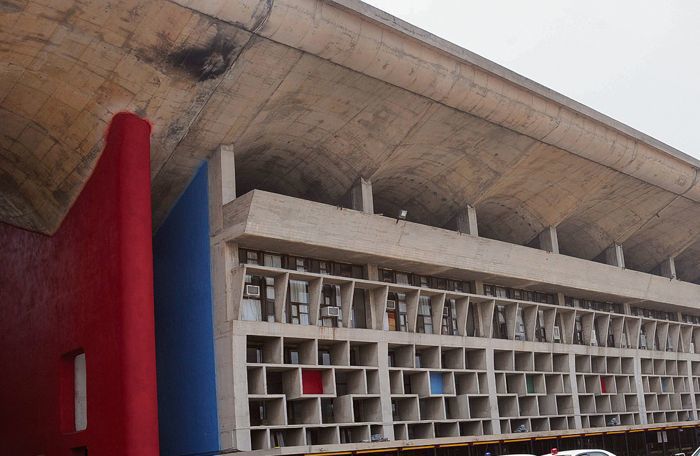Punjab and Haryana High Court raps board of medical sciences for arbitrary & discriminatory practices
Saurabh Malik
Chandigarh, July 5
In a major embarrassment for the National Board of Examinations in Medical Sciences (NBEMS), the Punjab and Haryana High Court has admonished it and other educational institutes for arbitrary, irrational and discriminatory practices detrimental to young students.
The Division Bench of Justice Sandeep Moudgil and Justice Deepak Gupta also imposed exemplary cost of Rs 25,000 on NBEMS to be paid to the petitioner, whose candidature as NBEMS trainee was cancelled on the ground of non-submission of a self-appraisal report.
Quashing the order, the Bench asserted that NBEMS’s stand in the matter made it crystal clear that the board for the first time sought self-appraisal reports from the petitioner and other selected candidates on February 8, though the admission process and the joining of candidates stood completed by December 31, 2023.
The Bench observed the eligibility criteria outlined in the information bulletin issued by NBEMS did not mention the self-appraisal report. Subsequent alteration to the eligibility criteria, after completing the admission process in December last year with the verification of all documents, was “without competency or authority”.
The Bench asserted that state action must not be arbitrary, but based on rational, non-discriminatory and relevant principle. The state must not be guided by extraneous or arbitrary consideration as it would amount to denial of equality.
The Bench said the principle of reasonableness and rationality was legally and logically an essential element of equality and non-arbitrariness under Article 14 of the Constitution. It was required to characterise every action, whether under the authority of law or in the exercise of executive power without making of law.
As such, the state or its instrumentality could not deviate from the guidelines and the conditions laid down in the admission brochure and act arbitrarily while making public appointments, entering into relationship of contractual nature, or otherwise, with a third party, or in the process of admission by its institutions.









